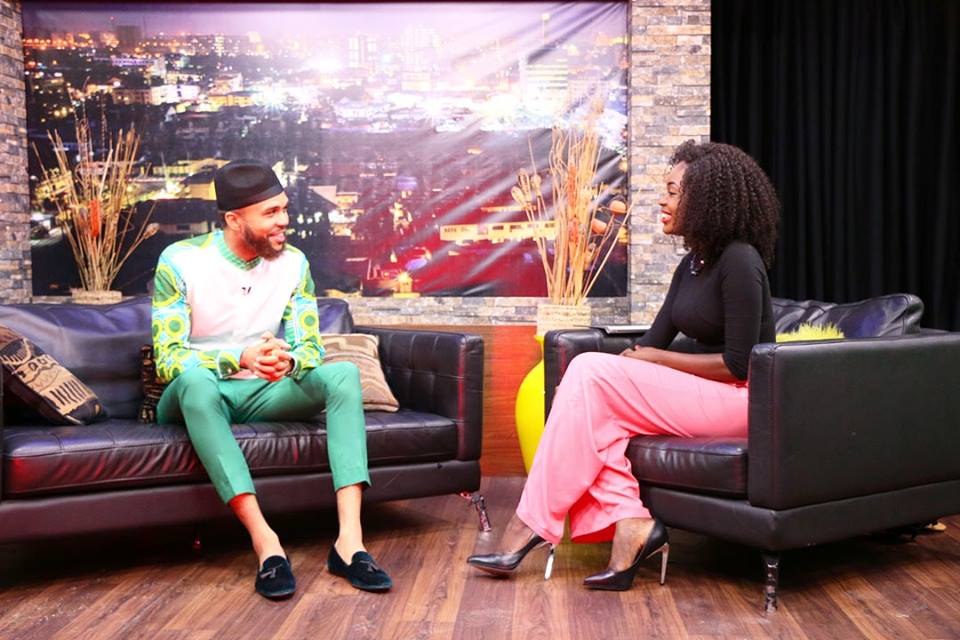Many women face the problem of pain during sexual intercourse and this can reduce their pleasure and interest in having sex. Pain during intercourse
(dyspareunia) is pain or discomfort in a woman's labial, vaginal, or pelvic
areas during or after sexual intercourse. The word dyspareunia comes from early Greek language, and
its meanings include "difficulty mating" or "badly mated."
It can be caused by illness, infection, a physical problem or a psychological
problem.
If you are having pain
during, before or after sex, your body may be trying to tell you something is
wrong, so don’t ignore it. For women, painful sex can be as a result of;
·
An infection,
thrush or a sexually transmitted infection (STI) e.g Chlamydia, gonorrhea or
genital herpes
·
Changing hormone
levels can make your virgina dry and affect your desire for sex
·
Vaginismus; a condition where muscles in or around the
virgina shut tightly
·
Genital irritation
caused by latex condoms or soap
Not only do women
experience pain during sex, also does men. Some causes of painful sex in men
are;
·
If the foreskin
is tight, penetration can be painful as the foreskin is pushed back
·
Infection such as
Chlamydia can cause testicle pain
Unfortunately, there is no definite way to prevent
dyspareunia, but here are some options that may help you reduce your risk
for dyspareunia and/or manage the pain:
·
being intimately acquainted with your body
·
communicating with your partner
·
communicating with your physician regarding any
changes in your body
·
engaging in more foreplay
·
using more lubricant
·
changing how you feel about sex by making it fun
·
using proper hygiene habits and staying away
from using perfumed products in the genital area
Due to the fact that
symptoms of dyspareunia may mimic symptoms of other reproductive health
conditions, including sexually transmitted infections, it is extremely
important that you speak with your physician and/or sex therapist about your
concerns.





2 comments:
I'm not a doctor but I feel that exercise like workout and pelvic exercise can help relieve the discomfort of dyspareunia.
I'm not a doctor but I feel that exercise like workout and pelvic exercise can help relieve the discomfort of dyspareunia.
Post a Comment